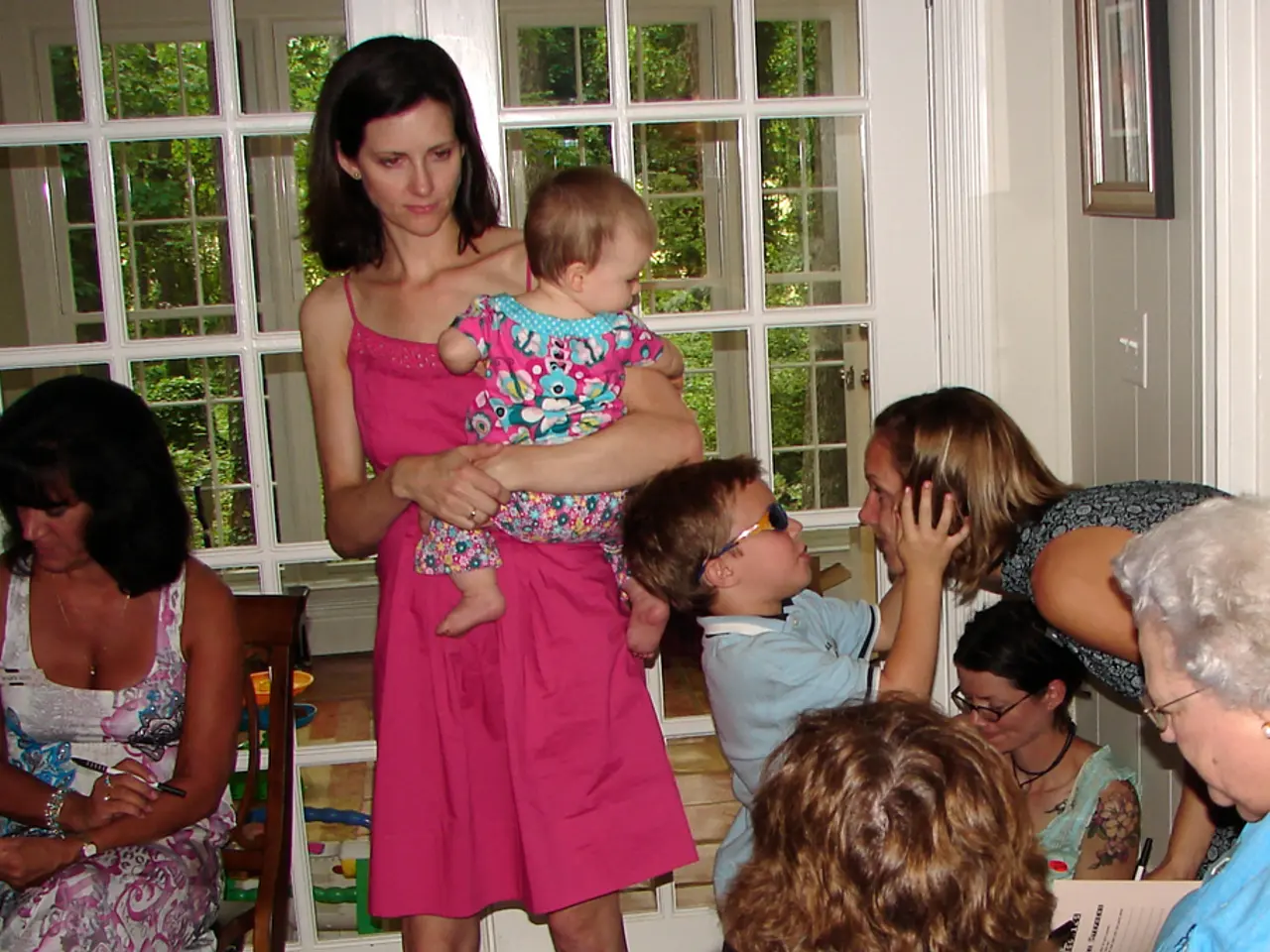Navigating Maternal Loss: Understanding Daughters' and Sons' Grief Journeys
The loss of a mother can be an overwhelming experience, leaving a profound void in one's life. Coping with such grief is a complex process that involves various emotions and challenges. It's crucial to understand the stages of grief and the differences in how daughters and sons may experience it.
Grief can manifest in many ways. Initially, one might experience immediate symptoms such as shock, disbelief, or even numbness. Over time, a range of emotions may surface, including regret, remorse, anxiety, guilt, emptiness, rage, anger, sadness, and numbness. These feelings are all normal in the year following the loss of a parent.
Coping with grief may involve several strategies. Keeping up with traditions and focusing on happy memories can help maintain a connection with the lost loved one. Seeking maternal figures or other forms of support can provide comfort and guidance. Practicing mindfulness can help manage overwhelming emotions, while honouring the mother's memory through acts of kindness or helping others can bring a sense of purpose.
It's important to note that grief can be more severe for daughters than sons. Cultural and tradition losses, along with the lack of maternal guidance, can exacerbate grief for daughters. This difference stems from distinct emotional socialisation patterns and gender expectations. Mothers often evaluate boys' emotional expressions more negatively, influencing how sons process grief. Societal roles and family dynamics also shape differing coping mechanisms for sons and daughters.
If grief becomes overwhelming or persists for longer than a year, or if it impairs daily functioning, it may warrant speaking with a mental health professional. Extreme grief can lead to physical and psychological effects, including an increased risk of health issues and depression. Immediate help is available through resources like the 988 Suicide and Crisis Lifeline and the Crisis Text Line.
Losing a mother is a traumatic experience that can strain family relationships and leave one feeling lost and alone. It's essential to remember that grief is a unique and personal journey, and it's okay to seek support along the way. By understanding the stages of grief and the differences in how daughters and sons may experience it, we can better navigate this challenging time and honour the memory of our lost mothers.
Read also:
- Youngkin Aims to Transform Rural Health, Faces Medicaid Criticism
- Rajouri Authorities Close Pesticide Stores After 17 Die in Mystery Illness
- Smithsonian Team Reveals Faces of Pre-Hispanic Colombians After Centuries
- Virginia Giuffre, Epstein Survivor, Dies by Suicide: Trafficking Survivors Need Long-Term Support




